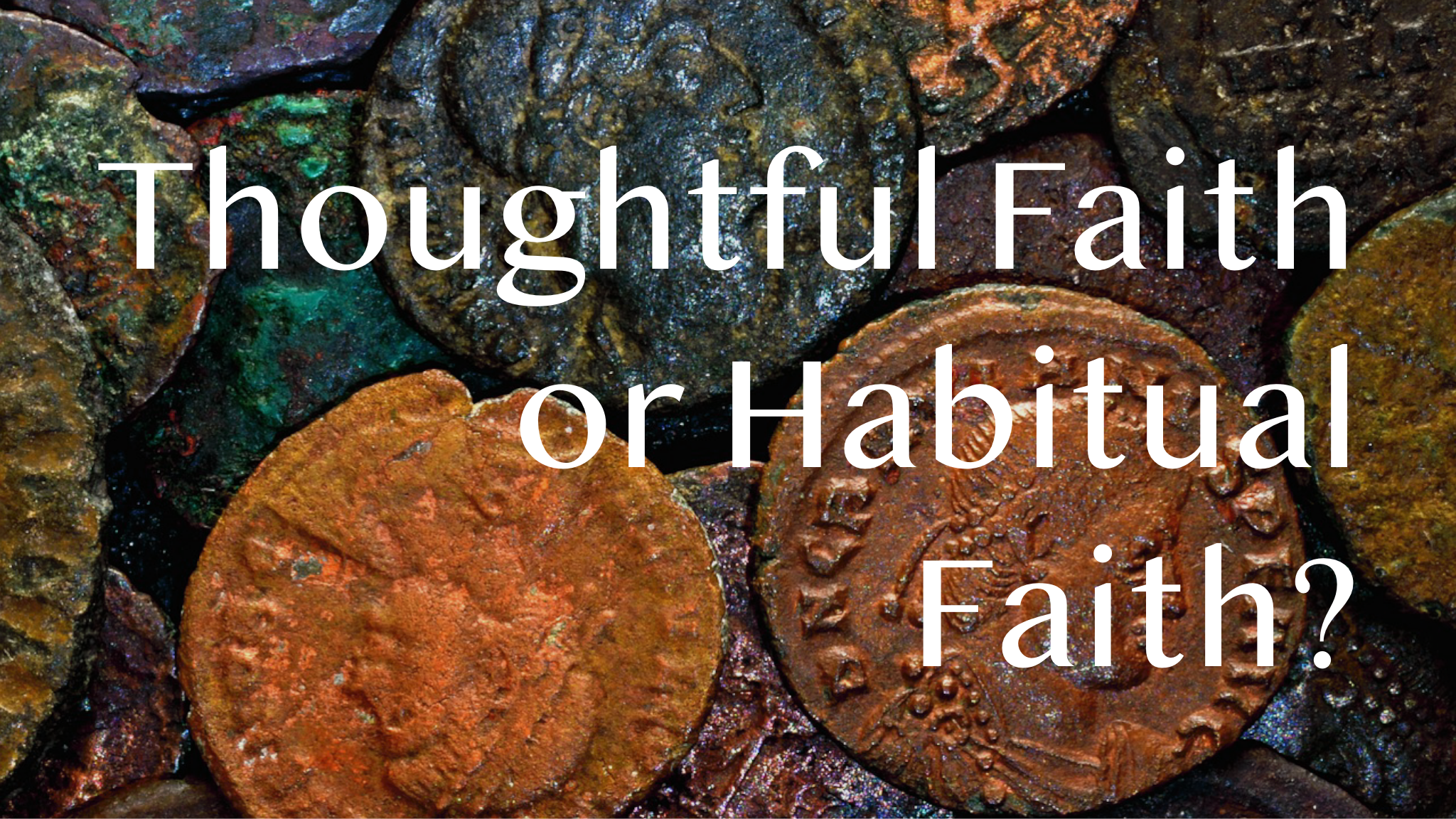Non-Christians also know this statement of Jesus well: “Give to Caesar what is Caesar’s, and to God what is God’s” (Matthew 22:21, Mark 12:17, Luke 20:25). This statement has produced a lot of disputations about the separation of church and politics. It also produces disputations about religion’s freedom from worldly or political powers. Now, I would like to focus on another point in this statement. It is about the thoughtful attitude of Christians who live in a secularized world. Caesar represents secularized powers, systems, and rules. “What is God’s” means Christians’ values, meanings, and faith from Jesus as the Christ. We are between both. Therefore, we have to thoughtfully decide which is the best even though it is not easy to distinguish God’s from Caesar’s. We always have to have questions about why should I do this? Whom do I act for? and How should I act? We can call this attitude a ‘Christian ethical attitude’ or ‘thoughtful Christian faith.’
But most people are uncomfortable having an ethical or thoughtful attitude. They want to easily act without questioning about the reason, purpose or meaning. For this, the church has given Christians simple rules or dogmas. With these they don’t have to question about the reason, purpose or meaning of their spiritual life. Finally, their Christian life becomes a habitual pattern, culture or style. “Habitual” means to regularly or repeatedly do or practice something or to act in a routine way without thinking about purpose, meaning and the reason for acting. Unfortunately, many Christians stay in habitual faith. Jesus named this stagnant type of faith as hypocritical faith. It is faith without spiritual vitality.
We started a spiritual movement to rebuild St. Mark this year. This also means to build “thoughtful faith” and an ethical Christian life. I pray that St. Mark’s becomes thoughtful Christians who have ethical attitudes. If you are thoughtful, you can experience spiritual vitality in your life. May the Holy Spirit of Jesus be with you.
– Rev. Yong Sub Sim





